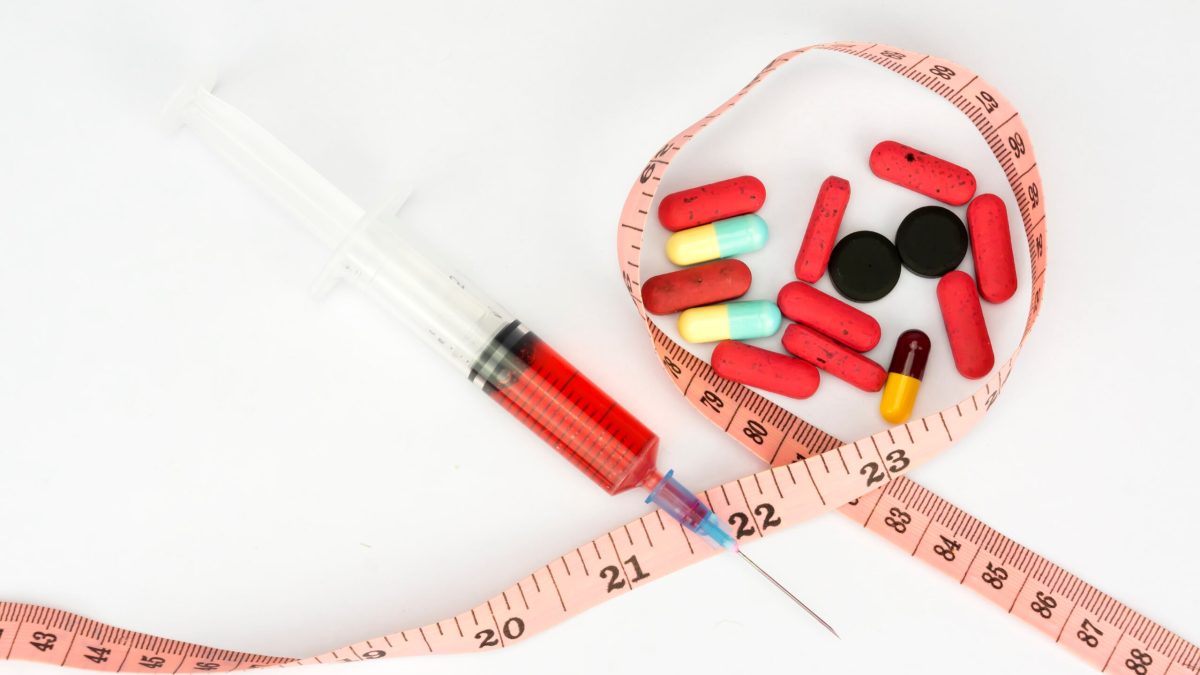Eli Lilly, the US pharmaceutical giant behind weight-loss drugs like Zepbound and Mounjaro, has announced a strategic partnership with the UK government to tackle significant health challenges, particularly obesity.
The company has committed £279 million ($364 million) to support national efforts aimed at reducing obesity, a critical health issue that also contributes to the UK’s high rates of economic inactivity.
This announcement follows the Labour government’s International Investment Summit, where over £63 billion in investments were unveiled.
The collaboration between Eli Lilly and the UK Department of Health and Social Care (DHSC) will launch a comprehensive five-year trial to evaluate the effectiveness of its GLP-1 treatments, such as tirzepatide, in promoting weight loss and preventing diabetes.
Conducted in partnership with Health Innovation Manchester, this trial will not only investigate the drugs’ health benefits but will also examine their effects on employment status and productivity by analyzing changes in sick days related to obesity-related health issues.
The UK faces a high rate of economic inactivity, with nearly one-third of claims attributed to long-term sickness. Obesity, which has worsened in the post-Covid landscape, is a significant contributing factor.
Health and Social Care Minister Wes Streeting emphasized the importance of the partnership, stating that obesity places a considerable financial burden on the National Health Service (NHS) and hampers economic growth.
The NHS currently spends around £11 billion annually on obesity-related health issues, and experts believe that reducing obesity could help reintegrate more individuals into the workforce.
Utilizing weight-loss drugs to mitigate long-term sickness
The study will also evaluate the broader implications of utilizing weight-loss drugs to mitigate long-term sickness and improve overall employment rates in the UK.
As the research progresses, it aims to provide comprehensive data on the benefits of weight-loss drugs, not only for patient health but also for the economy by decreasing sick days and enhancing workforce participation.
This trial marks a pioneering effort, as it is the first time a pharmaceutical company is examining the economic benefits of obesity treatments alongside health outcomes, signaling a potential global shift in perceptions of such drugs.
Economic burden of obesity on the NHS
Streeting noted that rising obesity rates have exerted additional pressure on the NHS, with obesity-related illnesses resulting in an average of four extra sick days per year for affected individuals.
Many individuals are forced out of work entirely due to health complications linked to obesity.
While obesity treatments could significantly help in addressing these trends, Streeting cautioned that the NHS cannot bear the entire cost burden of unhealthy lifestyles.
There is hope that the real-world data from Eli Lilly’s trial will inform future NHS strategies for obesity treatment and prevention.
Ethical considerations
While the collaboration between Eli Lilly and the UK government has received widespread support, some experts have raised ethical concerns.
Critics argue that linking health treatments to economic outcomes could lead to individuals being valued based on their financial contributions rather than their health needs.
Dr. Dolly van Tulleken from the University of Cambridge has expressed caution, stating that while obesity drugs hold promise, prioritizing health primarily as a means to enhance productivity might have unintended consequences.
In addition to its investment in obesity research, Eli Lilly plans to establish its first “Lilly Gateway Labs” innovation accelerator in Europe, aimed at nurturing early-stage life sciences companies in the UK.
The accelerator will focus on helping businesses develop groundbreaking medicines and technologies that could transform healthcare.
Eli Lilly has also indicated plans to invest an additional £279 million in the UK over the next few years, further reinforcing its commitment to supporting British healthcare innovation.
The post Eli Lilly to invest $364M in UK trial linking obesity drug to employment appeared first on Invezz

